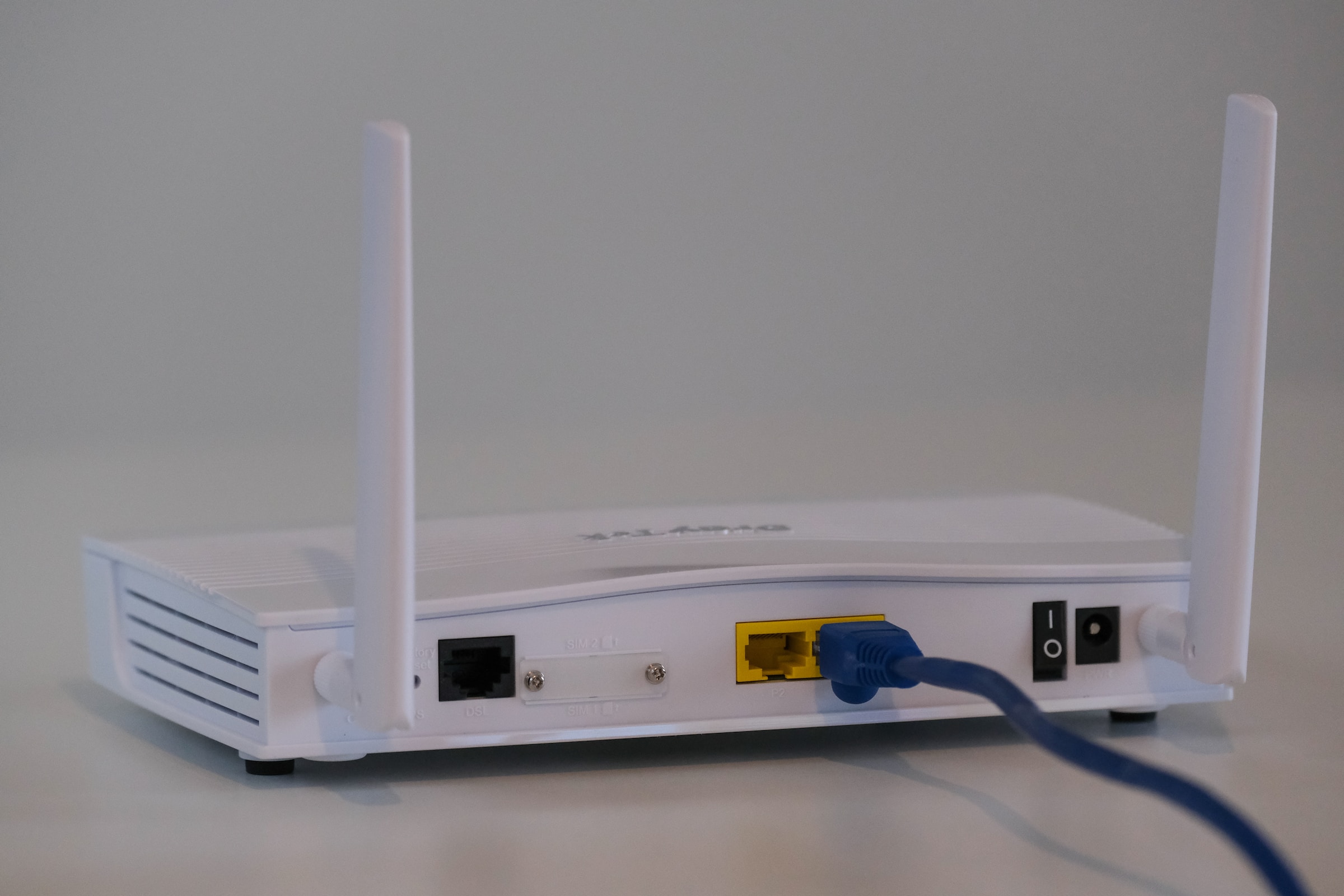The Digital Age has given us many conveniences among which the evolution of the internet stands as a key player for information access, global connectivity, and freedom of expression. A humble player in this digital revolution often overlooked is the router. But what exactly is a router? The leading-edge device on our network that connects our gadgets to the Internet plays an extremely critical role in maintaining Internet freedom.

Decoding the Router Meaning
In the Router in network context, are these devices responsible for routing data packets between different networks? They connect individual computers, laptops and mobile phones as well as another wired or wireless networking device to the Internet. Routers manage incoming and outgoing data contacts thus acting like a firewall against potential malicious software and thereby ensuring a secure online environment.
The Role of Routers in a Connected World
In the fight for open internet freedom, routers play an important and indispensable role. They provide access points that connect users to the great multitude of knowledge, news, art, education, and so much more that makes up the vast realm of the global Internet. Such powerful appliances bridge people and the digital world apart from providing seamless unrestricted access to a large amount of information every time required.
But in some parts of the world, this concept is combated by censorship measures that few countries impose on users’ access to certain websites or services. Censorship hampers the free flow of information and hence limits users’ access to specific websites or services. The role of routers in a connected world gets even more significant in such challenging scenarios.
Thankfully, there are paths through these barricades and regain the freedom to navigate the online world. Setting up routers with the right tools such as a reliable VPN service, in effect bypasses these restrictions of access and reclaims the ability for users to explore the Internet with unparalleled freedom as well as security. Layering this extra layer of protection ensures that people can browse without unpredictably losing their privacy or having access to valuable resources taken away from them.
In essence, routers are much more than just devices; they’re the proverbial keepers that help guard our right to unrestricted information and empower us in making sense of the digital space with confident navigation. Their ability to empower users in the face of censorship shows their vital importance in crafting a future of an open internet as well.You can learn more about the importance of Router Freedom and how it is implemented in different countries by visiting these links. You can also find out how some internet service providers offer you the option to use your own router or modem.
Enhancing Security and Privacy with Routers
Routers go beyond facilitating internet freedom; they also enhance online security and privacy. Users can set up different security levels on their network using router tools. For example, using a Virtual Private Network (VPN) service on your router can protect your online activity. A VPN for a router, like VeePN, encrypts data and masks your location, providing an extra layer of privacy. Implementing encryption protocols like WPA2-PSK further safeguards sensitive information from interception, ensuring data remains protected. Routers also offer advanced features like firewall protection and intrusion detection systems to prevent unauthorized access. In summary, routers enable internet connectivity while fortifying online security and preserving user privacy.
Guide to Install VPN on Router
Thus, it provides immense benefits and is highly recommended to install a VPN for router to maximize the possible potentiality of your router for internet freedom as well as security. To install a VPN on a router, you can also enable the benefits of a VPN to all devices connecting via one’s network. Establishing the task to set up VPN on the router may look daunting but by following general steps sideways it becomes smooth as well as secure connection:
- Choose a compatible VPN for your router. Search for VPN providers offering router support and check their compatibility with your specific router model.
- Sign up for the selected VPN service and get your login credentials. This entails creating an account and choosing a subscription plan that would suffice your needs.
- Put your router’s IP address into the address bar of your web browser. You can then access the router settings and make any necessary changes to your connection.
- Find where your VPN settings are located within your router’s administrative interface. Stay tuned for that. It could be under one of the “Network” or “Advanced” settings, but it could vary based on your specific model of router.
- In the input boxes, enter your VPN login credentials. This generally entails entering your VPN username and password provided by the VPN service.
- Select which VPN server you’d like to connect to. Most VPN providers give you a choice of many different server locations so you can pick whichever one seems closest to where you are located. In our opinion, picking a close geographic location will give optimum performance too.
- Save your changes and restart your router. This will apply to the change you made and start a VPN connection on your router.
The steps above may be taken differently depending upon your setup, whether connected to the Web and which type of VPN service you selected. Check the latest documentation provided by YOUR model of router’s manufacturer along with the VPN service for detailed instructions specific to YOUR particular setup.

Final Thoughts
Routers are necessary for establishing a free and open internet. With your time in equipping your router with the right things, like VeePN, you can securely and private guard it while granting unlimited access to information. With some effort, anyone can get their hands on full use of their internet connection and wholly enjoy the benefits of an open web.



